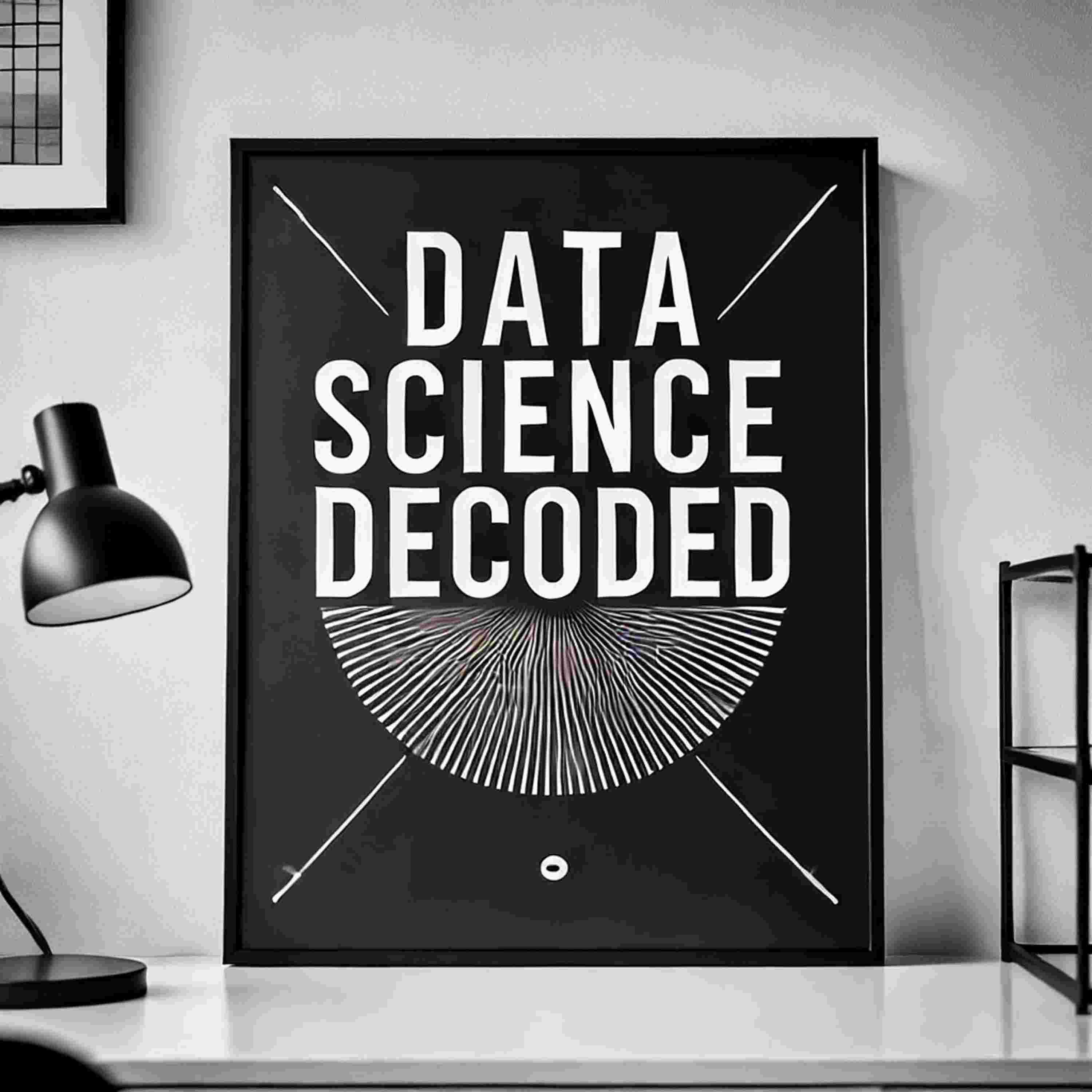

Frank Rosenblatt's 1958 paper, "The Perceptron: A Probabilistic Model for Information Storage and Organization in the Brain," introduces the perceptron, an early neural network model inspired by how the brain stores and processes information. Rosenblatt explores two theories: one where sensory data is stored as coded representations, and another, which he advocates, where learning occurs through forming new neural connections.
The perceptron illustrates this connectionist approach by mimicking how neurons process input and reinforce connections based on experience. The perceptron operates by passing sensory input through a network of neurons, where weights on connections adjust with each stimulus, enabling the system to recognize patterns and classify information. Rosenblatt emphasizes the probabilistic nature of learning in the perceptron, which mirrors how biological systems might generalize and adapt based on exposure to different stimuli. His model serves as a theoretical framework for understanding both biological and artificial neural systems. The paper's significance to modern data science lies in its foundational role in developing machine learning. The perceptron model directly influenced the creation of more advanced neural networks, including today's deep learning models.
Though limited in handling complex, non-linear data, the perceptron established key principles—such as weighted connections and learning from data.